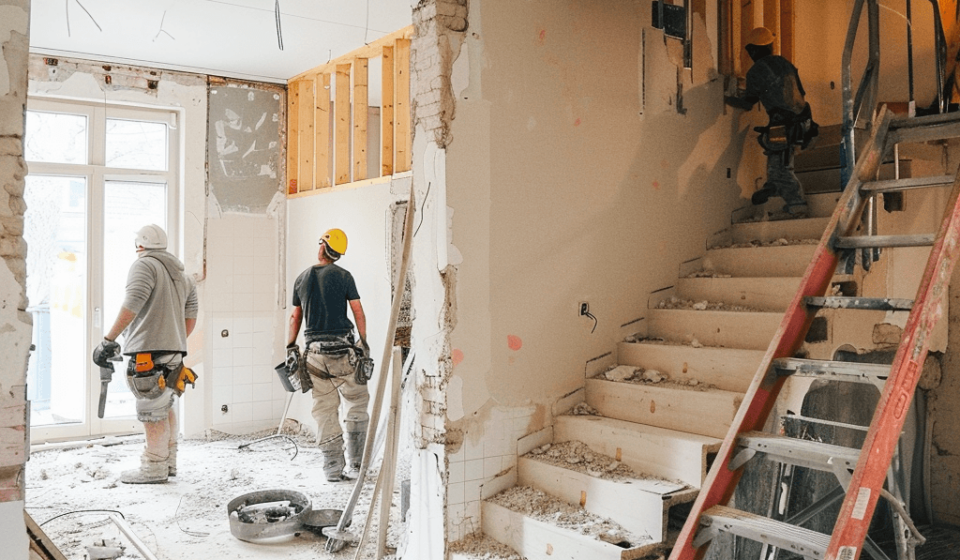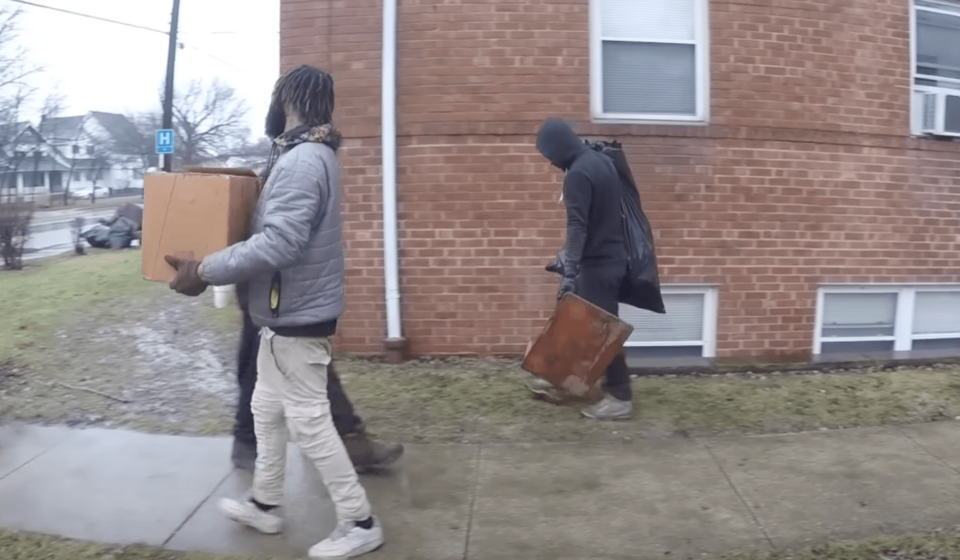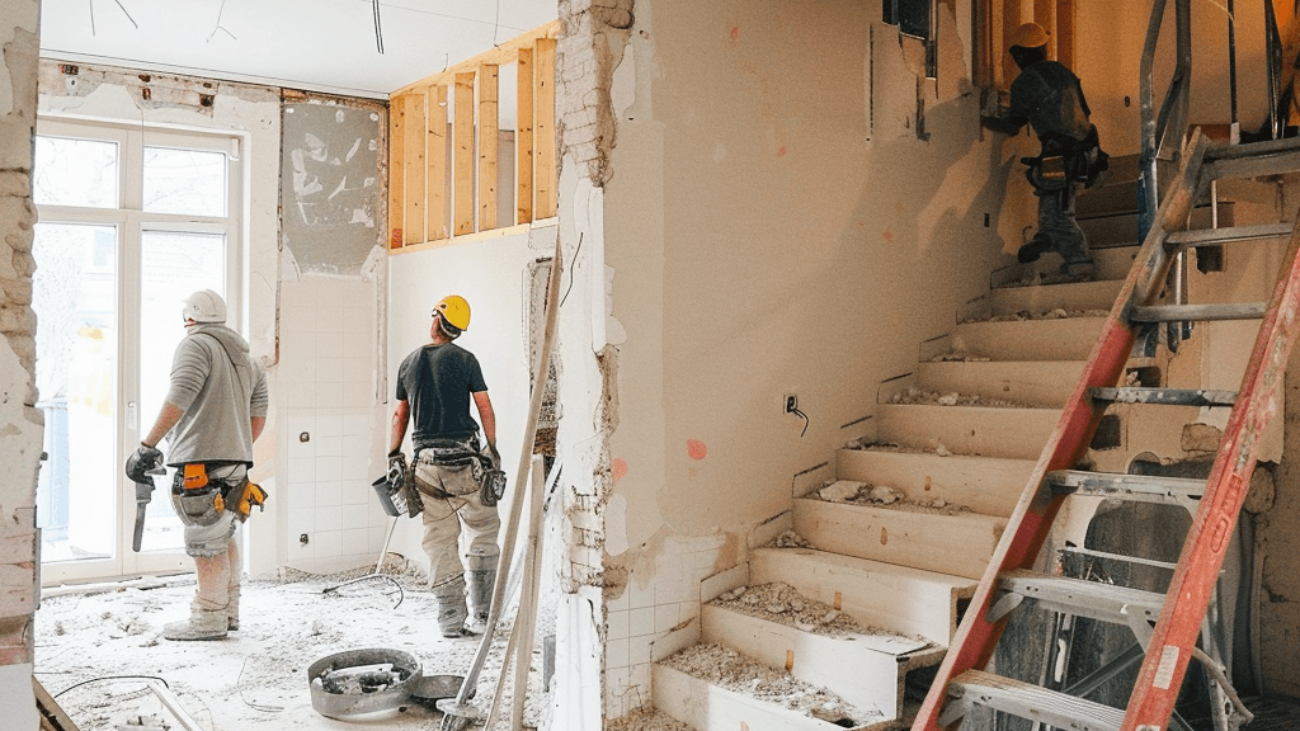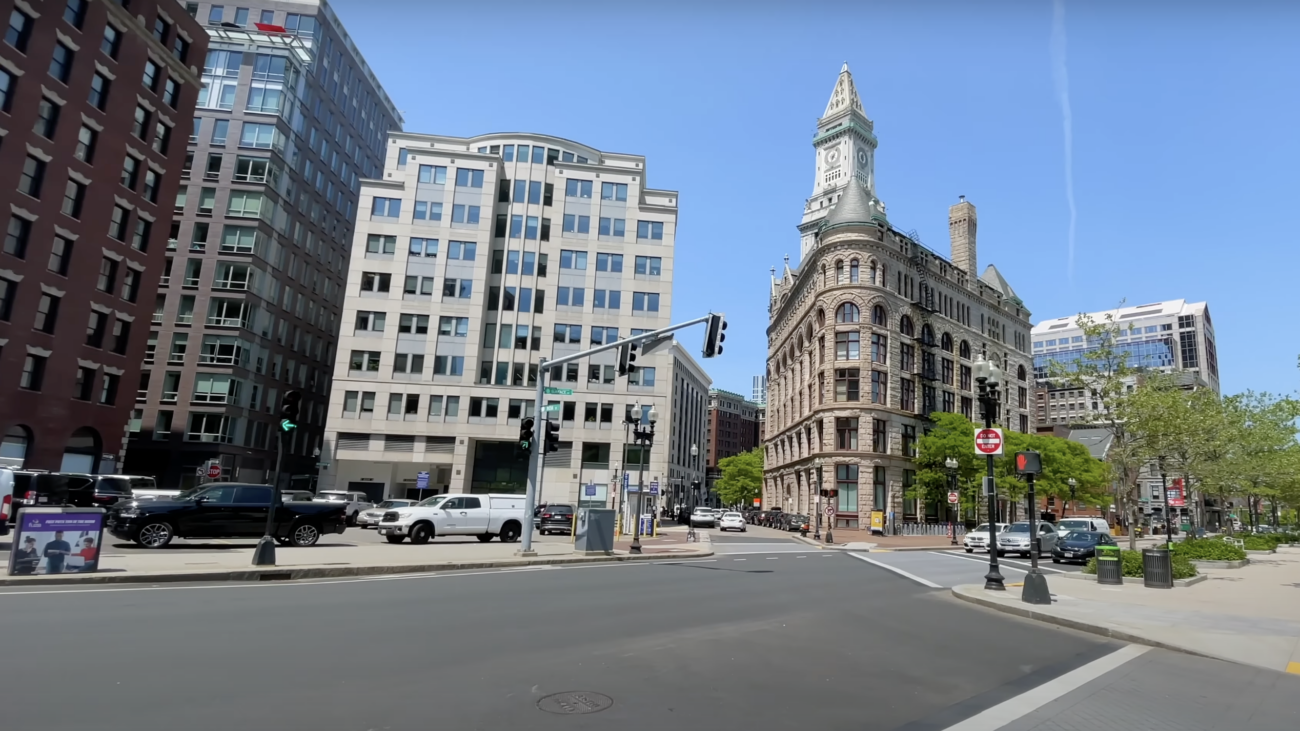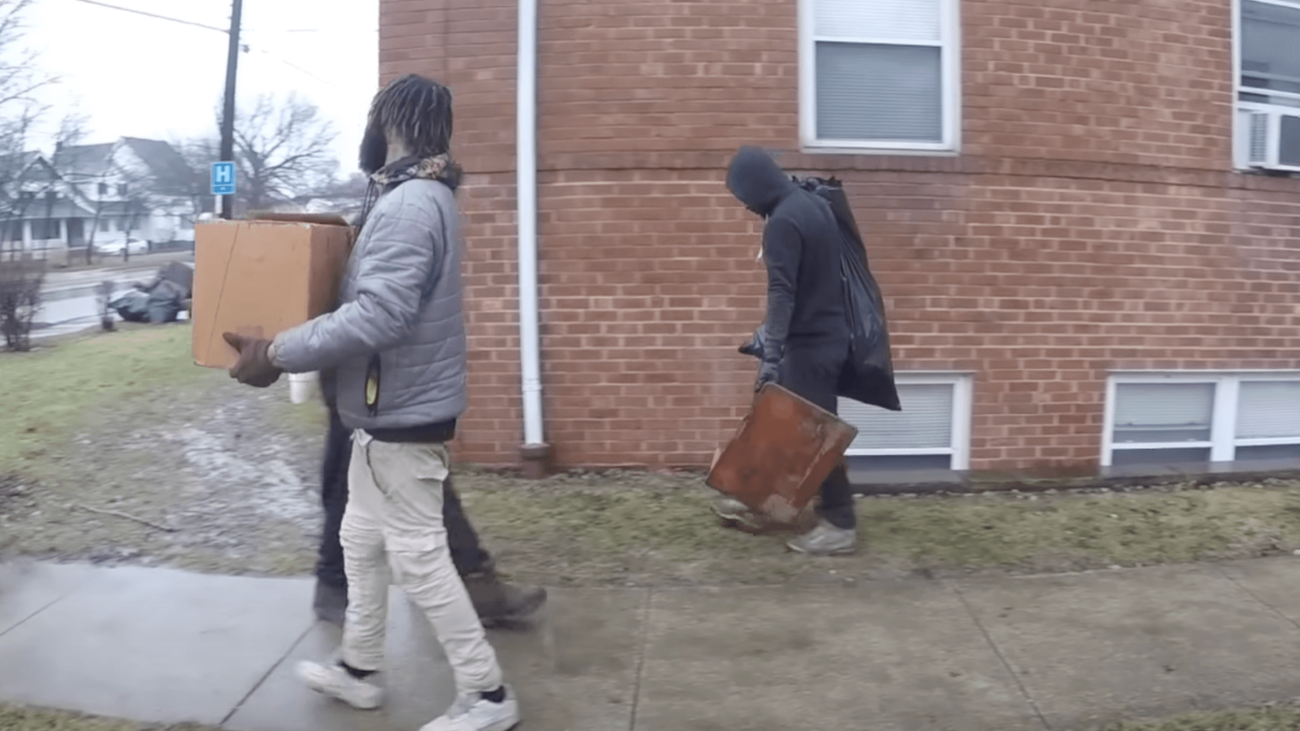When renovating your property, one of the most significant criteria to consider is the potential ROI you might rake up. Many homeowners do not pay close attention to this factor, leading to lost opportunities and profits in the long term. Today, we will discuss 5 home improvement projects for your rental property that will boost its aesthetics, security, and functionality and ensure a high ROI. Energy-Efficient Windows Installation Window replacement continues to occupy top positions on homeowners’ lists of the best home renovations—and for good reason. According to Ecoline Windows, the average ROI of new windows is around 70%, closely following such popular projects as kitchen renovation (80% ROI) and bathroom upgrade (75% ROI). However, Ecoline experts state that even though the potential ROI is slightly lower compared to other popular projects, the initial investment is much more reasonable.
- In their report, Ecoline shares that “The average spending on window replacement is around $7,500 to $10,000, while the “more attractive” home improvements require homeowners to splurge x2-x5, with kitchen renovation costs ranging from $35,000 to $50,000, and bathroom upgrades going as high as $38,000 to $51,000.”
Another interesting point is the availability of different government programs in North America to help homeowners with energy-efficient upgrades, so it is possible to cover a substantial part of initial investment through various rebates or interest-free loans. For example, US homeowners can apply for a tax credit that covers up to 30% of total product cost, while Canadians can enjoy an interest-free loan of up to $40,000 on new vinyl windows. All this makes window replacement a leading home renovation project in terms of ROI and other potential benefits when upgrading your property. Kitchen Remodel: Boost Property Value & Comfort If you want to give your home a significant boost in market value, a kitchen remodel takes the cake. As stated earlier, the average ROI for this retrofit is around 80%, which makes it one of the top projects in terms of potential long-term profits. Kitchen renovation is not just about slapping on a new coat of paint or changing the cabinet knobs. No, it’s about creating a space that boasts functionality, modernity, and style. However, before raking up profits and increasing house market value, kitchen reno requires significant investment, so homeowners usually make it in several stages:
- Countertops are the first to be replaced; they’re the face of the kitchen. Opting for materials like granite or quartz can add that luxurious touch without breaking the bank.
- Cabinets are next on the list. A simple refinish or paint job can transform the space if they’re sturdy. However, replacement might be the best route if they’re dated or worn out.
- Let’s not forget the appliances. Energy-efficient models not only lead to saving on energy bills in the long run but also add a sleek and modern look.
But here’s the kicker: while a kitchen remodel can offer a great return on investment, keeping the budget in check is crucial. Overspending on ultra-luxe finishes in a moderately priced rental market won’t necessarily yield higher returns. It’s all about discovering that perfect balance of upgrades that enhance your space without overdoing it. After all, the goal is to create a kitchen that stands out in the rental market, not one that empties your pockets. Bathroom Upgrade – A Mix of Aesthetics and Functionality A bathroom renovation can transform the most basic home area into a modern space that significantly elevates your property’s appeal and value. It’s not just about fixing leaks or updating fixtures; it’s about reimagining the space to create a blend of comfort, functionality, and style. The average ROI of a bathroom renovation is around 75%, making it a leading retrofit among homeowners.
- The journey to a fantastic bathroom begins with the shower and bathtub. They are not just functional elements; they’re the centrepieces of your bathroom space. Upgrading to a walk-in shower with frameless glass doors or installing a deep, freestanding tub can add a touch of luxury that tenants love.
- Next, consider the vanity and sink. A modern, floating vanity offers ample storage and contributes to a sleek, contemporary look. Topping it off with durable, stylish countertops and energy-efficient fixtures can further enhance the space.
- Lighting plays a crucial role as well. Good lighting can transform the ambiance of a bathroom, making it feel larger and more inviting. Opt for a mix of light fixtures, including overhead, task, and accent lighting, to create a warm and welcoming space.
- Water-saving fixtures are a smart addition, appealing to tenants who support a “green” lifestyle and helping landlords save on utility bills. Think low-flow toilets, showerheads, and faucets that don’t compromise performance.
Remember, a bathroom upgrade should aim for a balance between aesthetic appeal and practicality. It’s about making smart choices that boost the property’s value and appeal to various tenants. With thoughtful planning and a keen eye for design, landlords can turn their bathrooms from functional to fantastic, ensuring they stand out in a competitive rental market. Wrapping Up Before renovating your property, it is vital to analyze the current market, prices and the required investment. More often than not, implementing costly retrofits may be challenging not only in terms of initial spending but also the expected profits. Calculate everything properly, starting with the more affordable projects, like window replacement, and dividing the more complex ones into stages. Analyze how each affects rental prices, home market value, and potential tenant appeal. Good luck!

